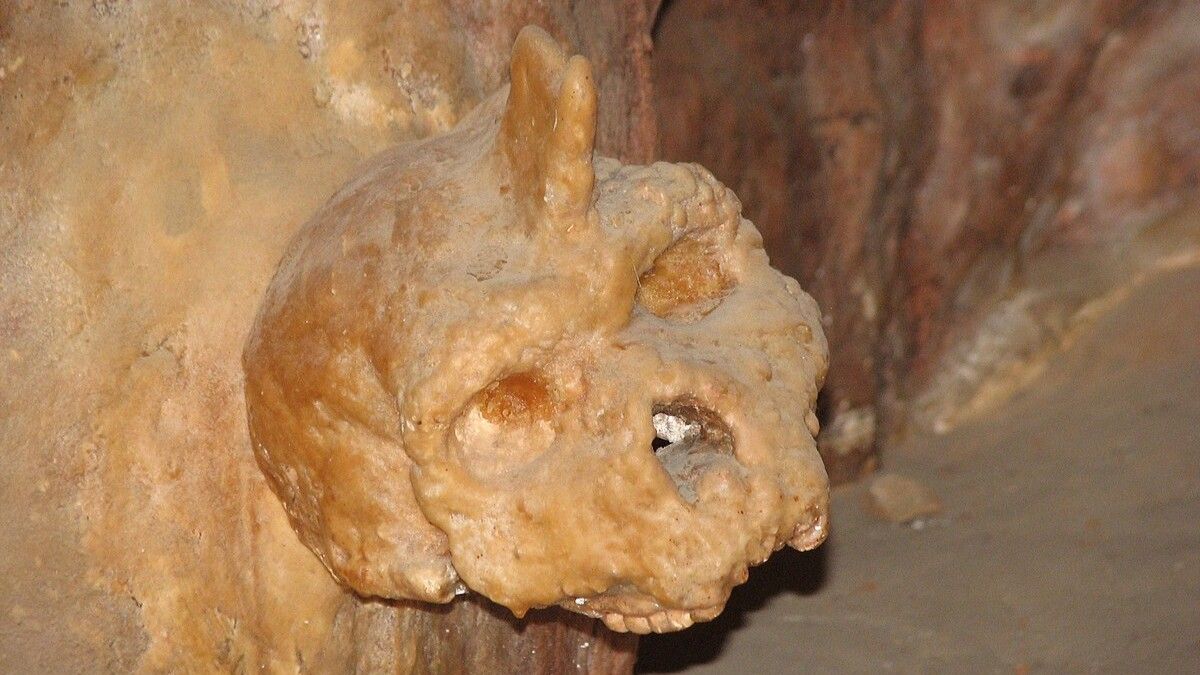A mysterious skull discovered in Petralona Cave, Greece, has puzzled scientists for decades. Recent research now dates this fossil to around 300,000 years ago. What makes this finding remarkable is that the skull doesn’t match features typical of early Homo sapiens or Neanderthals. Instead, it points to a previously unknown human lineage that once inhabited Europe.

The Mystery of Petralona Cave
The Petralona skull has long sparked debate among anthropologists. This ancient fossil provides fresh insight into human evolution, suggesting a complex web of human groups sharing the continent. Researchers used advanced dating techniques to confirm the skull’s age and analyzed its structure. Their findings reveal that our evolutionary tree may have more branches than previously thought.
Implications for Human Evolution
This discovery challenges the traditional view that only Neanderthals and Homo sapiens existed in Europe during this period. Instead, multiple human lineages may have coexisted and interacted. The Petralona skull opens the door to more questions about our ancient relatives, their migrations, and how they shaped modern humans. As scientists continue to study this unique fossil, we may uncover even more secrets about our shared past.
Sources: Live Science